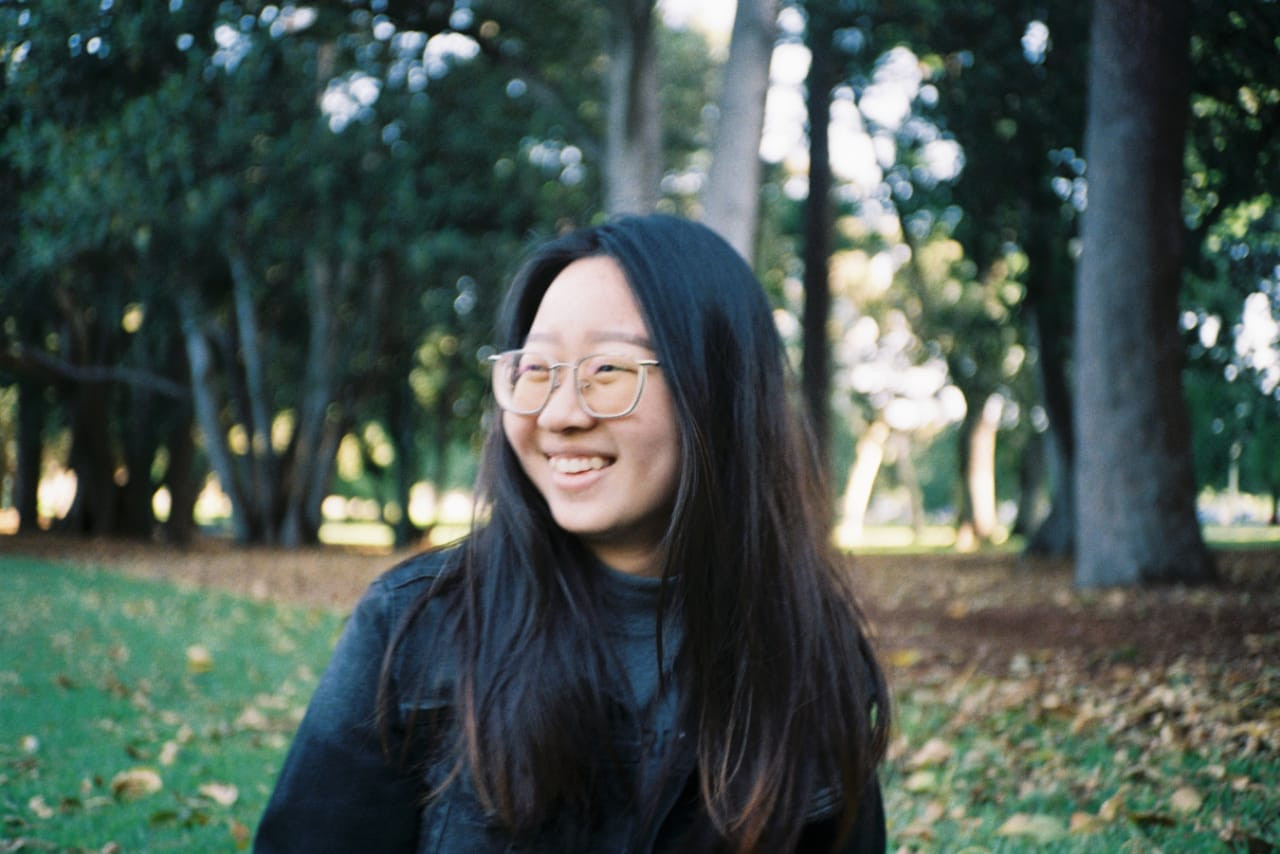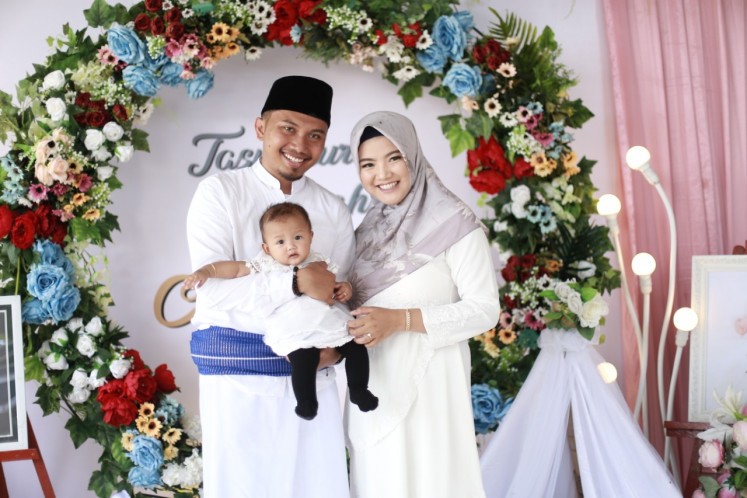Popular Reads
Top Results
Can't find what you're looking for?
View all search resultsPopular Reads
Top Results
Can't find what you're looking for?
View all search resultsStay or go home? ‘Stranded’ students in Australia share their challenges amid COVID-19
While studying abroad is a privilege, the COVID-19 pandemic has wrought many personal and financial difficulties for Indonesian students in Australia, especially those who have lost loved ones over the past year.
Change text size
Gift Premium Articles
to Anyone
H
aving to choose between personal grief and a career, whether academic or professional, is a dilemma many people have had to face when they found themselves caught abroad as the pandemic struck.
Ratih Kabinawa, a 33-year-old PhD student in the University of Western Australia’s international relations program, arrived in Australia with her husband last February. When she left Indonesia, her father was ill with an autoimmune disease that had left him paralyzed and with Ratih gone, her elderly mother was his sole caretaker.
“When I was in Indonesia, I was the one who took care of my father, but my mom managed him [after I left],” she said, her voice cracking.
Ratih’s father passed away early this February. His funeral was held online. “There was a moment of regret when my father passed away, but now it’s lessened,” she said, referring to her choice to remain in Australia.
She tried to return home and apply for “compassionate entry”, which the Australian government sometimes gives to grieving families, but primarily to permanent residents and citizens. However, by that point in the pandemic timeline, it would have been challenging for her to try and reenter Australia, and Ratih’s student status would have been suspended under the terms of her scholarship.
Sugiyanto is another 33-year-old doctoral student who recently finished his master degree and is now in the communication and journalism postgraduate program at Edith Cowan University in Perth. He says his decision to stay in Australia was the right one, despite losing his job due to the pandemic’s economic impacts.
Sugiyanto and his wife, also a student, returned to his hometown of Klaten in Central Java last March, when his mother died. They returned to Australia a week later to make sure they could reenter the country.
“What made it hard in the early months was the combination of grief of losing a mother, having to self-quarantine and being bombarded with news about COVID-19 that sounded terrible, [and] the mishandling of the pandemic by the Indonesian government,” he recalled.
To cope, Sugiyanto took part in his university’s virtual international café, an initiative for international students in Australia to share their concerns about whether to go home or stay. He also has regular video calls with his family back home.
Making ends meet across borders
Aside from grief, Indonesian students in Australia also say they face financial issues.
For some, this was because their families back home ran into financial troubles due to the pandemic and were unable to send funds as often or as much as usual. For others, it was because they were fired or laid off from their jobs due to the economic downturn and had to take other jobs that didn’t pay as well.
Angela Theodora Nubary is a 21-year-old who is in her third year at the University of Melbourne studying computing and software systems. “I don’t earn that much,” said Angela, who gives piano lessons.
Cynthia Ariella, 24, pursuing an information systems master, also at the University of Melbourne, is relatively stable in terms of her finances, with the support of her family and her tutoring job. Even so, she has been trying to be as prudent as possible along with her brother, who is also a student.
Her tutoring job “pays sort of well” and covers most of her grocery costs, she said, but the siblings had to ration their food.
“Usually [we] eat whatever we want, now we pick which one’s on discount and stuff like that,” Cynthia said.
And while it could be considered a dilemma of the privileged, she said it had been a challenge living with certain limitations. “We don’t use the heater or aircon, we just bundle up or suffer,” she added, explaining how the pair cut costs over winter and summer.
Sandi Firmanulhaq is a 32-year-old father of one pursuing an engineering master at the University of Western Australia. His wife and daughter are in Indonesia. He says he misses watching his infant daughter grow and that he had resorted to speaking with her via video calls.
Sandi Firmanulhaq, posing here in a studio photograph with his daughter and wife, is an engineering student at the University of Western Australia. He took up work as a food delivery courier after he was let go from his previous job so he can continue to send money to his family, who remain in Indonesia. (JP/Courtesy of the subject)Like Sugiyanto, he was let go from his job because his employer had been hit hard by the pandemic, and has taken on a job delivering food.
“I make 200 to 300 [Australian] dollars per week to cover my essential needs, the rest is transferred to my family,” said Sandi, adding that the Indonesian diplomatic mission and the local diaspora community provided support for Indonesian students.
“The Indonesian Embassy in Canberra and the Indonesian consulate general always help affected Indonesian students by providing free [basic needs] that can be picked up at [the representative offices], as well as medical equipment and supplies like masks and hand sanitizers,” said Ghofar Ismail, the social and cultural affairs coordinator at the Indonesian embassy.
Aside from the embassy in Canberra, Indonesia has four consulate generals in Sydney, Melbourne, Perth and Darwin.
For Angela, however, the main problem was her growing loneliness.
“When you're confined in your room for six out of seven days in a week, especially during lockdown, you find yourself having a lot of time on your hands. And like with most people, I think, I spent a lot of that time thinking about my life,” she said.












